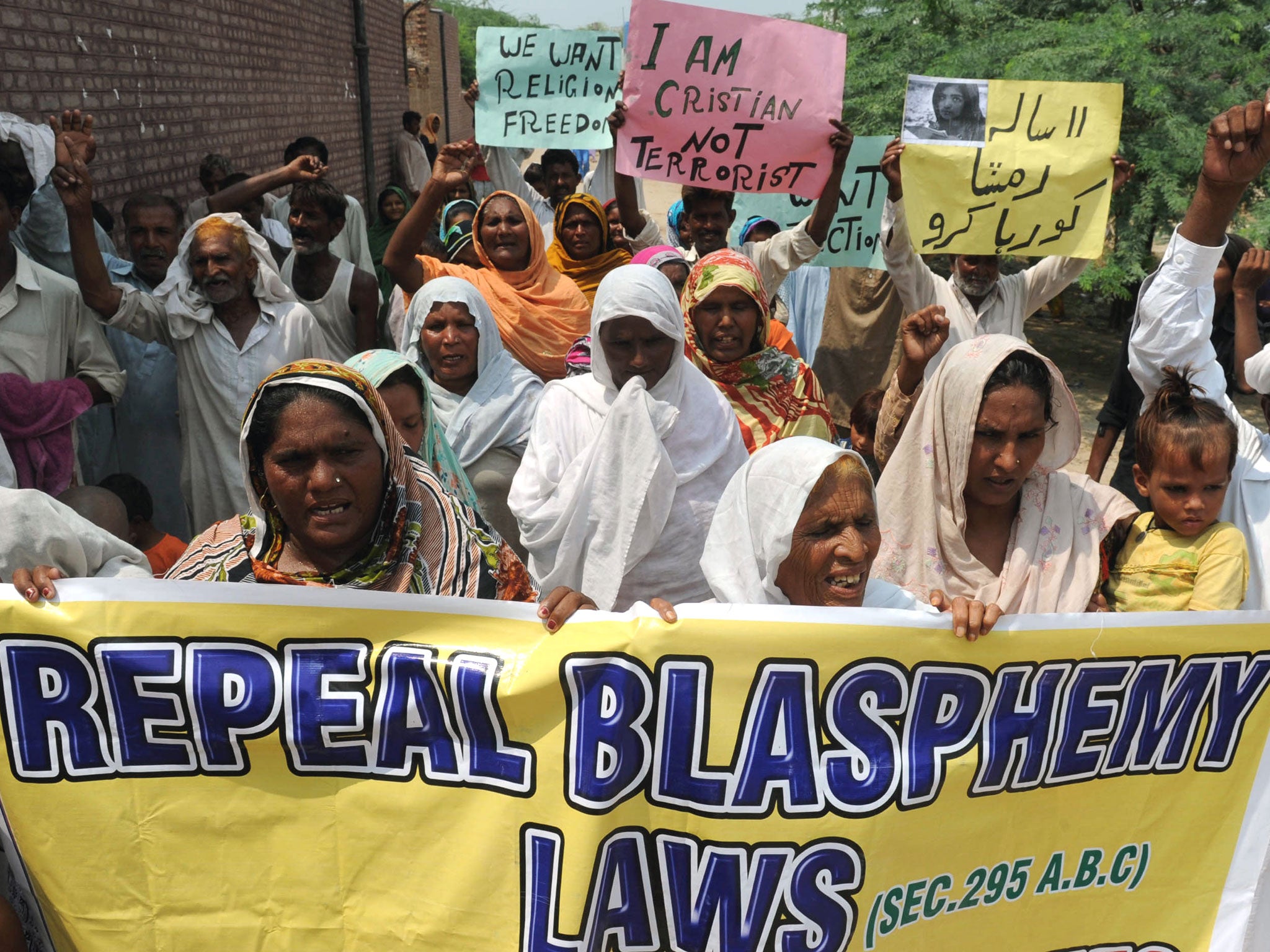
One statute prohibited persons from willfully blaspheming “the holy name of God, by denying, cursing, or contumeliously reproaching God, his creation, government, or final judging of the world.” Court said blasphemy law did not violate state constitution Kneeland had argued that his words were not blasphemous or libelous and that even if they were, the laws on the subject were unconstitutional. He had been charged and convicted of three counts of blasphemy, the first two involving articles written by others about the Immaculate Conception and prayer and a third in which he had indicated that he did not believe in God, Christ, miracles, the resurrection, or immortality. Kneeland was a popular lecturer and editor of the Jacksonian Investigator. Abner Kneeland was the last main jailed in the United States for blasphemy.

206 (1838), the Massachusetts Supreme Judicial Court upheld convictions for blasphemy resulting from the publication of several articles. (Image via Wikimedia Commons, public domain)

The Massachusetts supreme court upheld the convictions. In Abner Kneeland's case, he was convicted of blasphemy for publishing articles about prayer and the Immaculate Conception, and indicating he did not believe in God, Christ, miracles, the resurrection or immortality.

1838) was the last case in the United States in which a man was jailed for blasphemy.


 0 kommentar(er)
0 kommentar(er)
